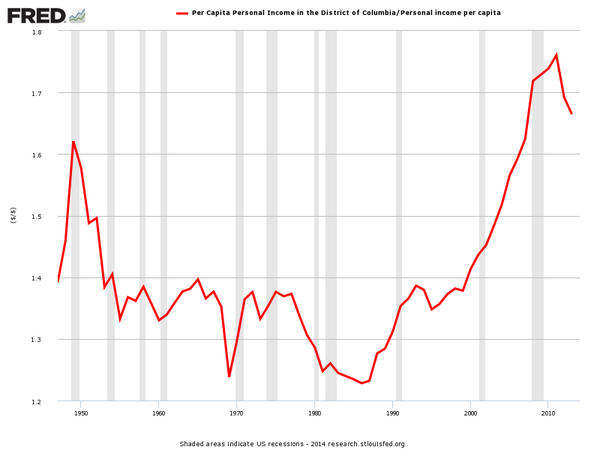I don’t like international bureaucracies because they generally push for policies that expand the burden of government and undermine economic growth.
But I recognize that there are some good people who work at these institutions and I’m always willing to acknowledge when they publish good research.
The IMF said that Greece had reached the tipping point where taxes were too high.
The World Bank put together a report showing how anti-money laundering regulations hurt the poor.
The United Nations acknowledged the Laffer-Curve insight that taxes can be too high.
The OECD admitted that income taxes undermine growth and that tax competition restrains the greed of the political class.
The European Central Bank found excessive government spending undermines economic performance.
We can now add some new research to that list. The World Bank has just published a new study highlighting the link between tax complexity and tax corruption.
You can peruse the entire report if you’re so inclined, but here are the key details from the abstract.
This paper seeks to find empirical evidence of a link between tax simplification and corruption in tax administration. …The study includes 104 countries from different income groups and regions of the world. The time period is 2002–12. The empirical findings support the existence of a significant link between the measure of tax corruption and tax simplicity, so a less complex tax system is shown to be associated with lower corruption in tax administration. It is predicted that the combined effect of a 10 percent reduction in both the number of payments and the time to comply with tax requirements can lower tax corruption by 9.64 percent….The positive link between tax simplicity and lower tax corruption has useful policy implications.
Recommended
There are a few caveats. While people have a greater incentive to rig the system when tax rates are high, the report only addresses this issue tangentially. This is a very unfortunate oversight.
Also, the data show that corruption is higher in developing nations, which is not terribly surprising. Though I think this might be unfair because corruption is narrowly defined so that it’s simply a measure of lawbreaking.
I suspect there are similar amounts of corruption in developed nations, but it takes the form of influence peddling and legislative favors. That’s definitely the mother’s milk of Washington’s sleazy insiders.
And if you look at this chart, this chart, or this chart, there’s no doubt that the internal revenue code is riddled with loopholes.
This video elaborates on the connection between bloated government and legal corruption.
And this video shows how our corrupt tax code could be fixed.
P.S. Just so you don’t think I’m getting soft-hearted about the World Bank, just remember that this is the bureaucracy that put together a tax “report card” that gave nations higher grades for having more punitive fiscal policy.
P.P.S. In the interests of fairness, I am a fan of the World Bank’s Doing Business Index.
P.P.P.S. I’ve written several times about overpaid bureaucrats and fat-cat lobbyists.
Well, here’s a look at per capita personal income in Washington, DC, compared to the rest of America.
You’ll notice that Washington got substantially richer during both Bush Administrations.
But it’s not just the District of Columbia. If you click on this map, you’ll see that a majority of America’s richest communities are the suburbs of Washington.
A lot of fat and happy people living directly or indirectly off your tax dollars.

























Join the conversation as a VIP Member